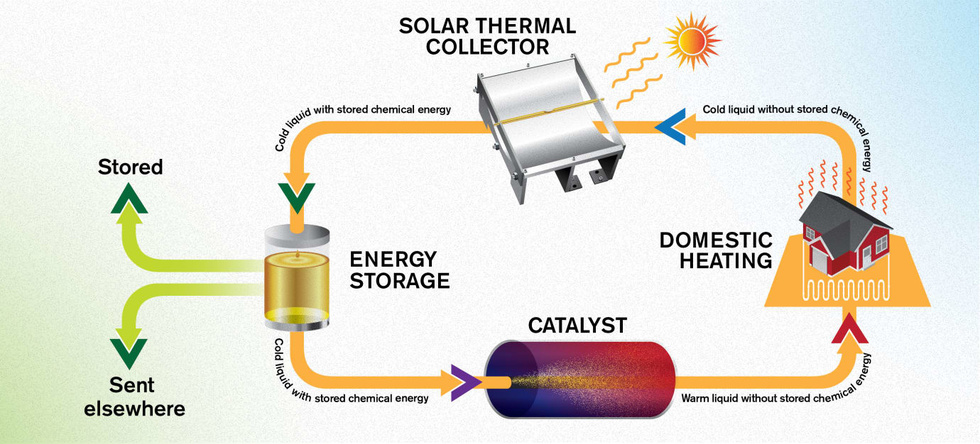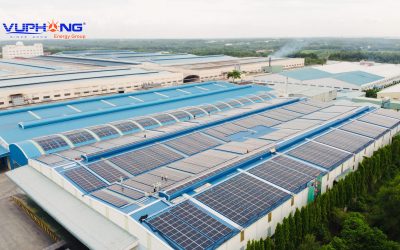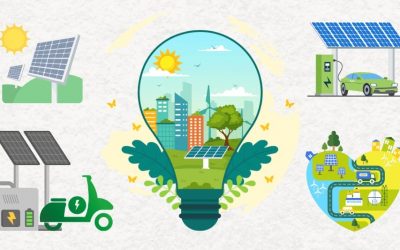
Some of the bizarre things we do as a race on this planet include refining and overcomplicating things. We’re never happy with leaving things be, and we frequently prefer elaborate conspiracy theories to reality.
- Vu Phong and our customers, partners join hands to invest in our planet
- Green hydrogen – a clean energy storage solution
Green Hydrogen for Sustainable Energy Storage
Green hydrogen is a sustainable energy storage option. After all, how else could the opposing piston engine and the complicated internal combustion engine system have functioned up to this point? Even though technology has taken us thus far, inefficiencies must be eliminated for more effective solar thermal energy storage devices.
Convert Sunlight Into Liquid Fuel for Solar Thermal Energy Storage
So, why not convert sunlight into liquid fuel for solar thermal energy storage? The idea of converting sunlight into liquid fuel may appear to be a step back, but hear me out. To store and release solar energy, the solar thermal energy storage device I’m referring to employs a liquid isomer. According to the experts who made the finding, it might lead to more widespread usage of solar energy throughout the world.
Swedish scientists from Chalmers University of Technology discovered that employing a norbornadiene chemical that reacts to sunlight has some promise in this area, according to BigThink. It rearranges its carbon, hydrogen, and nitrogen atoms, which can be stored in a quadricyclane, an energy-storing isomer. Even after cooling for a long time, quadricyclanes can retain up to 250 watt-hours of energy per kilogramme. They also do not degrade after being recycled.
Solar Thermal Energy Storage: A Viable Option for On-Demand Energy Demands
Harvesting and storing enormous amounts of solar energy is one of the most difficult energy concerns for both northern and southern countries. These countries have made significant progress with hydro and thermal energy systems, although solar thermal energy storage is still in its early stages. The energy is released as heat by utilising a cobalt-based catalyst, similar to how concentrated solar molten salt tanks function. This makes solar energy portable and a viable option for on-demand energy demands.

Making the Most of Molecular Sun Thermal Energy Storage
The team reveals how it was able to release heat in a macroscopic molecule solar thermal energy storage device dubbed MOST in a scientific paper published here.
The system employs a solar thermal collector connected to a pipe that transfers the fuel to be converted into quadricyclane. It is then pumped into storage tanks and delivered everywhere. According to the website, it is formed when “a photoswitchable parent molecule that absorbs sunlight undergoes chemical isomerization to a metastable high energy species.”
Conclusion
There are more ways to store the sun’s energy than we can comprehend, each with advantages and disadvantages. Energy demands may be satisfied virtually everywhere on the earth — and beyond — by gathering solar thermal energy and transporting it anywhere in the world. But this begs the question. That reminds me of the petroleum business model, which is dug in certain locations and then shipped throughout the world. We can only hope that as international interest in solar thermal energy storage grows, it will be as decentralised and divorced from concentrated interests as feasible.
Nonetheless, kudos to Kasper Moth-Poulsen for getting the MOST out of this solar thermal energy storage device.









